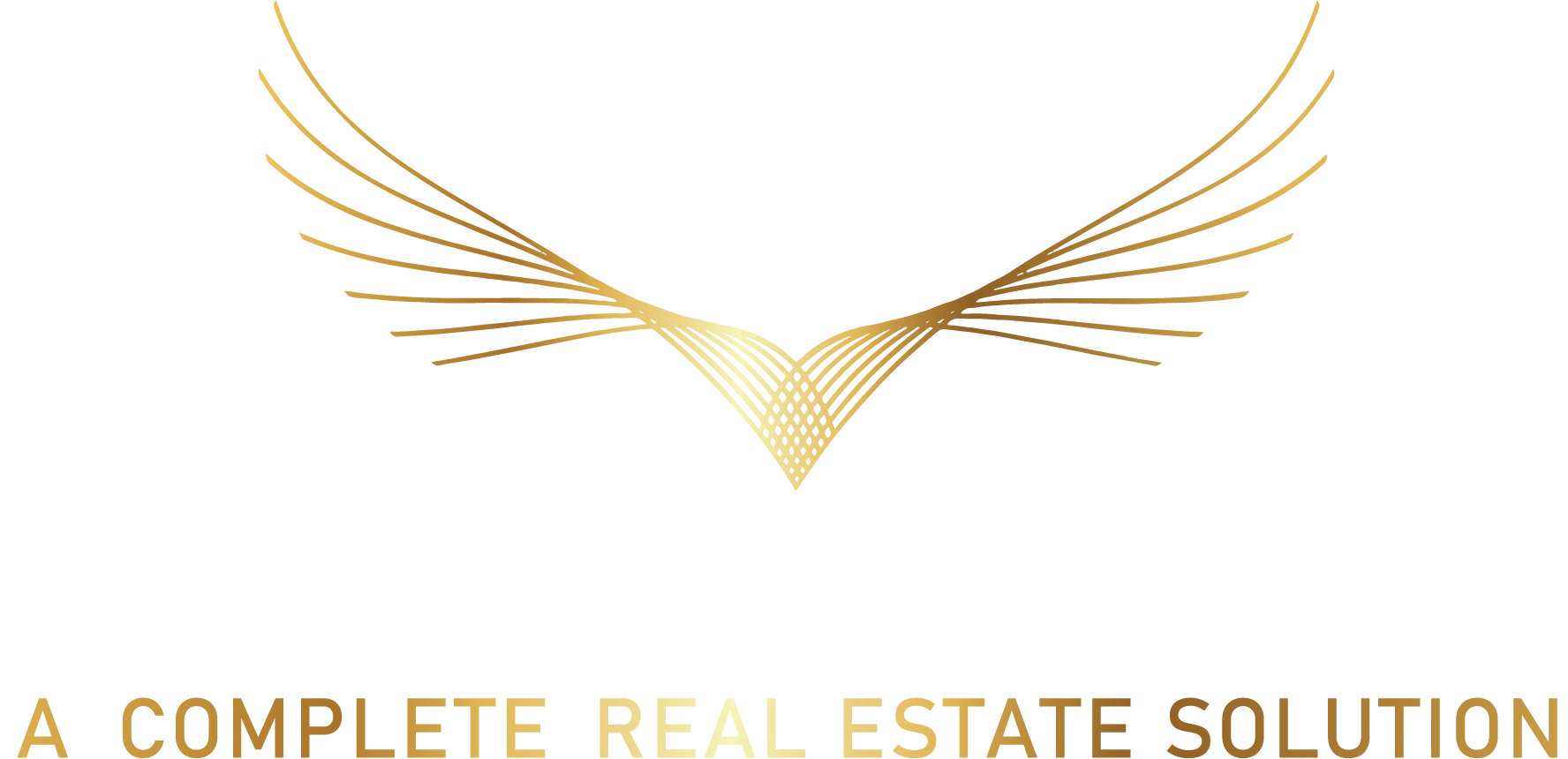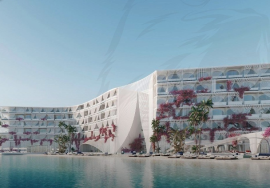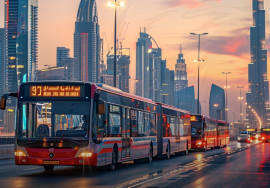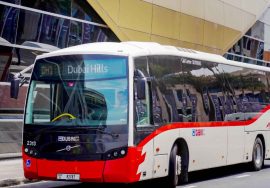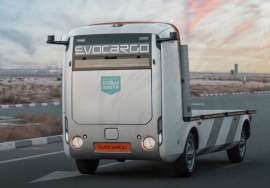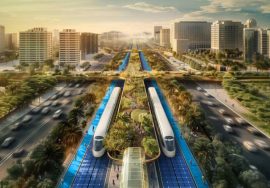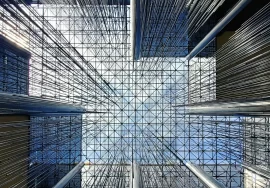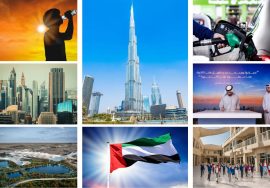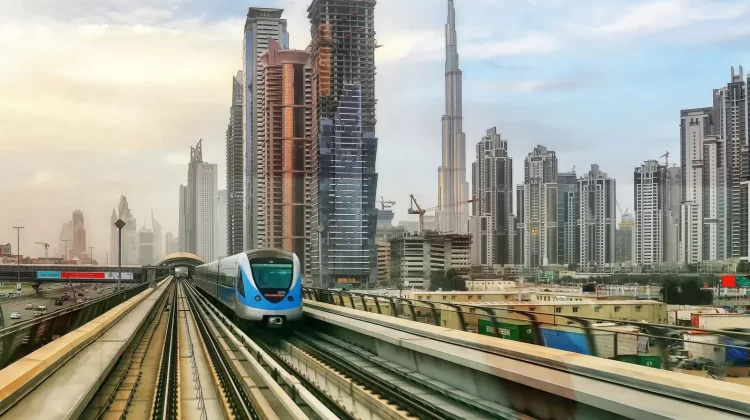
Dubai’s Ambitious Plan to Expand Its Metro Network: A 20-Minute City Vision
The Blueprint of Dubai’s Metro Expansion
Dubai’s metro expansion plan is a cornerstone of the city’s ambitious vision to become a 20-minute city, where residents can reach any destination within the city in just 20 minutes. The expansion will see a significant increase in the number of metro stations, extending the network to cover more areas and serve an ever-growing population. Specifically, the plan entails the addition of 50 new stations over the next decade, strategically located to optimize accessibility and connectivity across Dubai.
These new stations will be positioned in high-density residential areas, key commercial zones, and burgeoning business districts, aligning with Dubai’s long-term urban development goals. This strategic placement is designed to facilitate seamless transit options, reducing the reliance on private vehicles and promoting a more sustainable mode of transportation. The new stations will also serve as crucial nodes that integrate various modes of public transport, including buses, trams, and water taxis, thus enhancing the overall efficiency of the city’s public transport system.
The timeline for the project is ambitious yet meticulously planned. Preliminary phases, which include feasibility studies and environmental impact assessments, have already commenced. Construction is slated to begin within the next two years, with the first set of new stations expected to be operational by 2026. The entire project is anticipated to be completed by 2032, marking a significant milestone in Dubai’s urban evolution.
Funding for this extensive metro expansion is sourced from a combination of government allocations, public-private partnerships, and international investments. The Dubai government has committed substantial resources to ensure the project’s success, while partnerships with private entities will bring in additional expertise and financial support. Key stakeholders in this project include the Dubai Roads and Transport Authority (RTA), various construction firms, and technology providers specializing in smart transit solutions.
This massive infrastructure undertaking not only aims to enhance urban mobility but also supports Dubai’s broader objectives of economic diversification and sustainable development. By expanding the metro network, Dubai is set to redefine urban living, making it more efficient, accessible, and eco-friendly for its residents and visitors alike.
Economic and Environmental Impacts of the Metro Expansion
Dubai’s ambitious metro network expansion is poised to deliver substantial economic and environmental benefits. Central to this vision is the creation of new business opportunities and the stimulation of local economies. With the introduction of new metro lines, areas previously underserved by public transit will become more accessible, fostering commercial growth and enhancing property values. Retailers, restaurants, and service providers in these zones can expect increased foot traffic, leading to higher revenues and potentially more job creation. This expansion is not just a local affair; it also positions Dubai as an attractive destination for foreign investment, signaling a robust infrastructure that supports business operations and growth.
Environmental benefits are another critical component of this metro network expansion. As more residents and visitors transition from private car usage to public transit, a significant reduction in pollution and traffic congestion is anticipated. The shift to metro travel reduces the number of vehicles on the roads, leading to lower carbon emissions and improved air quality. This, in turn, supports Dubai’s broader environmental goals and contributes to global efforts to combat climate change. Moreover, less traffic congestion translates to shorter and more predictable travel times, enhancing overall urban mobility.
An integral part of Dubai’s vision is the concept of the ’20-minute city.’ This urban planning model aims to ensure that essential services and amenities, such as healthcare, education, and retail, are accessible within a 20-minute commute. The expanded metro network is pivotal in realizing this vision, as it provides efficient and reliable transport options that connect various parts of the city. This accessibility enhances the quality of life for residents by reducing travel time and making daily commutes more convenient. Ultimately, the metro expansion project is not just a transportation initiative but a transformative strategy aimed at creating a more sustainable, efficient, and livable city.
